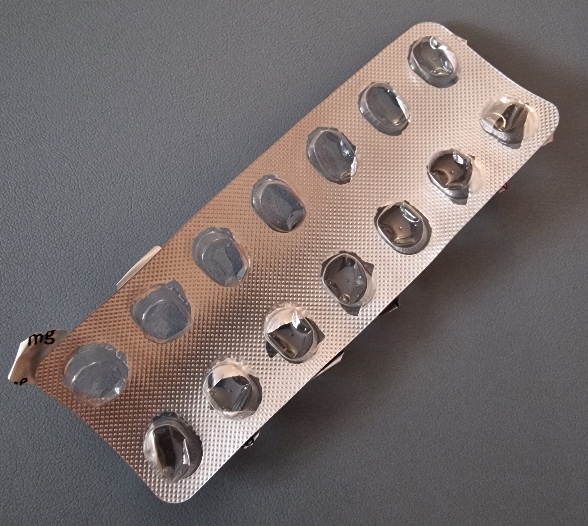It's funny how the longer you blog (or the longer you do anything) the more random, otherwise innocuous days become anniversaries of something.
November 25th is half way between my daughter's birthday and Christmas but isn't particularly special. I hadn't even blogged on a November 25th until 2019 – it's just another day.
Or it was.
On this day last year I returned to the blog after 5 months away – one of my many breaks but certainly not the longest by any stretch.
In July 2022, I wrote in my journal that I was experiencing difficulty reading and writing, everything seemed to be a struggle and I couldn't focus. We also caught covid a little after that so I mixed up the dates and the doctor's initial thoughts were of long covid. While I did take a long time to get over it, long covid wasn't the answer: these were the physical manifestations of anxiety and depression.
Part of returning to the blog was a want (maybe a need) to document where I was on my mental health journey. The blog is where I feel comfortable, where I can write things I might not be able to say in person – what better place to explore how I was feeling and whether I was on the right track.
I really believe that sharing my state of mind and reaction to therapy here has been a great help. Therapy itself is a safe space to explore your feelings, I consider the blog a safe space to continue that exploration. There is only so much you can achieve in the therapy room, you have to take the ideas away and live with them for a while to see if they resonate and help. Doing that in public forces you to examine things in a way that, perhaps, a journal won't. I'm not sure I can really explain it.
November 25th used to be just like any other day.
Now it is a stake in the ground, a mark of me saying enough is enough! It's a reminder that I had the strength to say "this is me, all of me, take it or leave it. I have these issues, I'm going to deal with them, and I'm not going to hide them any more. From anyone."
On this day last year I reclaimed my place in the world even though I felt broken and damaged. I had privately asked for help but on this day I, essentially, publicly asked for patience, for time to allow me to heal. I invited anyone who was willing to accompany me in that healing process just by reading what I wrote. There didn't need to be a comment, just the passive acceptance that this was the reality now, this was who I am, who I had always been but not always willing or able to show it.
This is still me, still broken but gradually fixing things. I may never be whole but that's okay – it's who I am. I, and everyone else, just have to accept that and keep fixing things, a little bit at a time.
During this last year I have been able to retain my place in the world even when it has been tough. And that's all I can ask. I'm done with hiding.

